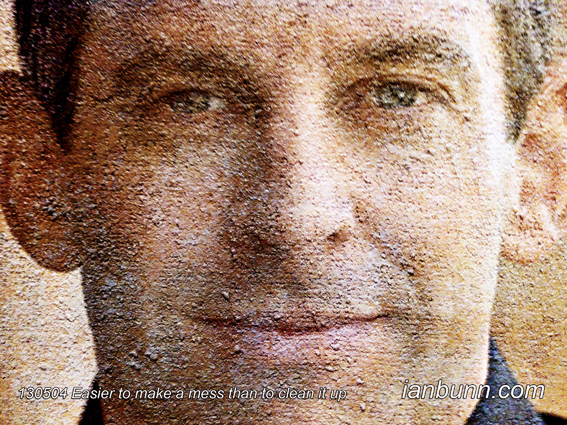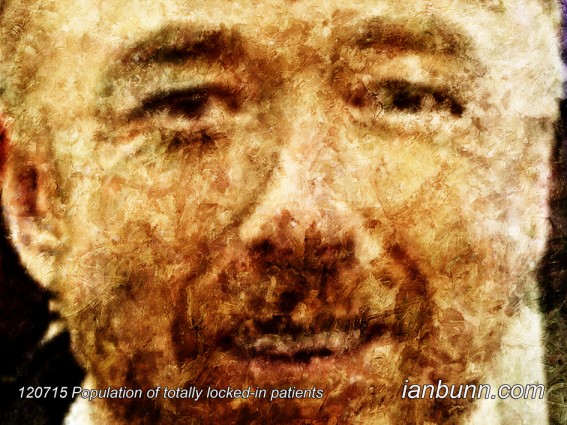 Easier to make a mess than to clean it up (May 4 2013)
Easier to make a mess than to clean it up (May 4 2013)
Sam Harris the 46 year old American author, philosopher, neuroscientist, and the co-founder and CEO of Project Reason has published an article on his web site titled ‘Response to Controversy’ in which he states “A few of the subjects I explore in my work have inspired an unusual amount of controversy. Some of this results from real differences of opinion or honest confusion, but much of it is due to the fact that certain of my detractors deliberately misrepresent my views. The purpose of this article is to address the most consequential of these distortions. A general point about the mechanics of defamation: It is impossible to effectively defend oneself against unethical critics. If nothing else, the law of entropy is on their side, because it will always be easier to make a mess than to clean it up. It is, for instance, easier to call a person a “racist,” a “bigot,” a “misogynist,” etc. than it is for one’s target to prove that he isn’t any of these things. In fact, the very act of defending himself against such accusations quickly becomes debasing. Whether or not the original charges can be made to stick, the victim immediately seems thin-skinned and overly concerned about his reputation. And, rebutted or not, the original charges will be repeated in blogs and comment threads, and many readers will assume that where there’s smoke, there must be fire. Such defamation is made all the easier if one writes and speaks on extremely controversial topics and with a philosopher’s penchant for describing the corner cases—the ticking time bomb, the perfect weapon, the magic wand, the mind-reading machine, etc.—in search of conceptual clarity. It literally becomes child’s play to find quotations that make the author look morally suspect, even depraved.”
Inspired by Sam Harris ow.ly/k4j2H Image source Twitter ow.ly/k4iUP

